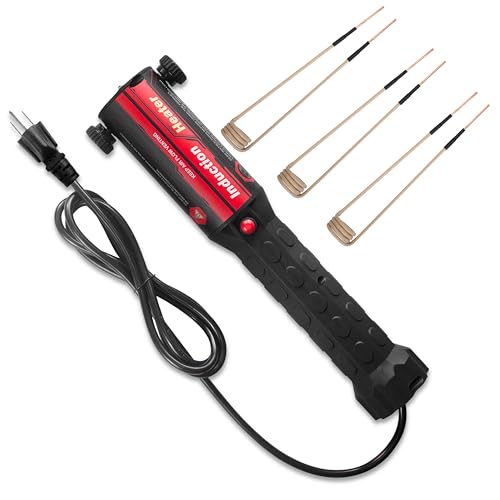martin53
Well-known member
OK let me know what's going on with my spark plugs. I'm planning on using a 1978 slant 6 in my 53 dodge project truck. Need opinions on my spark plugs can I just put new pluggs and wires and be good or can there be something mechanical wrong from this. I started it up the other day and it sounds great no knocks or even problems starting. It did sound like I could hear the lifters though but after warm up it went away plus that was the first time I've started it. Oh and is it normal to use these adapters that they have only one didn't have one and it was the only good plug.
























































